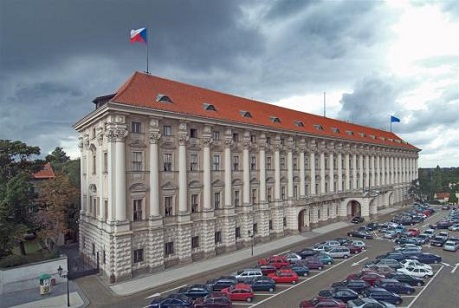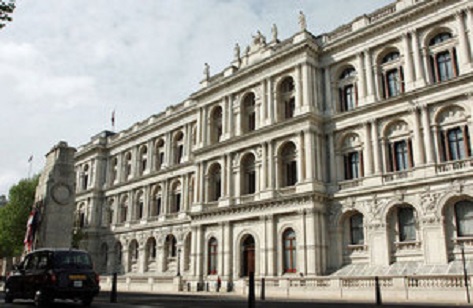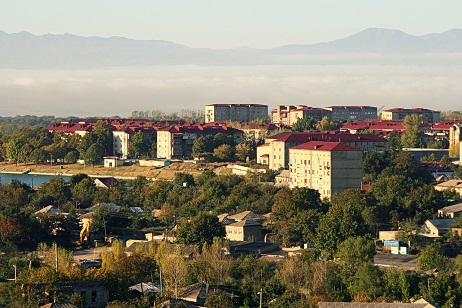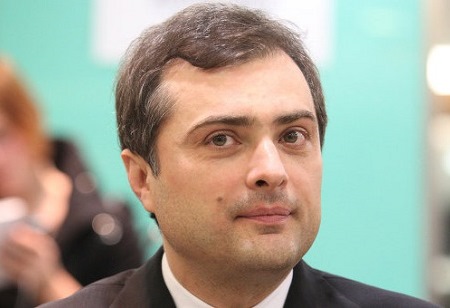Germany, Czech Republic, Poland condemn Russia-South Ossetia ‘treaty’

Germany, the Czech Republic and Poland have joined other European countries to openly state they do not recognise the so-called "Treaty on Alliance and Integration” between Georgia’s breakaway Tskhinvali (South Ossetia) region and the Russian Federation.
The German government on Friday condemned Russia's new treaty with Georgia's breakaway South Ossetia region, saying it posed a threat to Georgian sovereignty and would reinforce Tbilisi's fears that Moscow was intent on annexing the territory.
"With this treaty Russia is once again casting doubt on the territorial integrity and sovereignty of Georgia," said German government spokeswoman Christiane Wirtz.
"Moscow is thus impeding ongoing efforts for a peaceful end to the conflict with Abkhazia and South Ossetia in the framework of the Geneva talks," she said, adding that the treaty reinforced Georgia's fears of "creeping annexation".
The Czech Republic denounced the signing of the so-called "Treaty on Alliance and Integration" by the Russian Federation and Georgia’s breakaway region of South Ossetia on March 18, 2015, as a step further complicating the efforts to stabilize the security situation in the region.
"This move violates the sovereignty and territorial integrity of Georgia and contravenes the basic principles of international law, as well as the commitments of the Russian Federation under international law. The timing of the signing on the first day of the Geneva International Discussions radically complicated the atmosphere at these talks,” the statement said.
The Czech Republic reiterated its "full and consistent support" for the sovereignty and territorial integrity of Georgia within its internationally recognised borders.
"We urge Russia to reciprocate Georgia’s unilateral public pledge not to use force and underline the pressing need for comprehensive international security arrangements enhancing the stability in this region.”
Furthermore, the Ministry of Foreign Affairs of the Republic of Poland also states it did not recognise the so-called "Alliance and Integration Treaty” signed by Russia’s president and South Ossetia’s de facto leader, and conslered it illegal under international law.
"We are also concerned over the reported large-scale military exercises of Russian troops in South Ossetia and Abkhazia, which began on 5 March 2015.”
"We call for continuing the Geneva peace talks, whose 31st round was taking place while the aforementioned "treaty” was signed in Moscow, and for respecting the inviolability of Georgia’s internationally recognised borders, as well as other borders on the territory of the former USSR.”
Many players in the global community have already condemnedthe so-called deal with Russia and Georgia’s breakaway regions, with many assessing it as "yet another step that goes against ongoing efforts to strengthen security and stability in the region”.
 Tweet
Tweet  Share
Share



